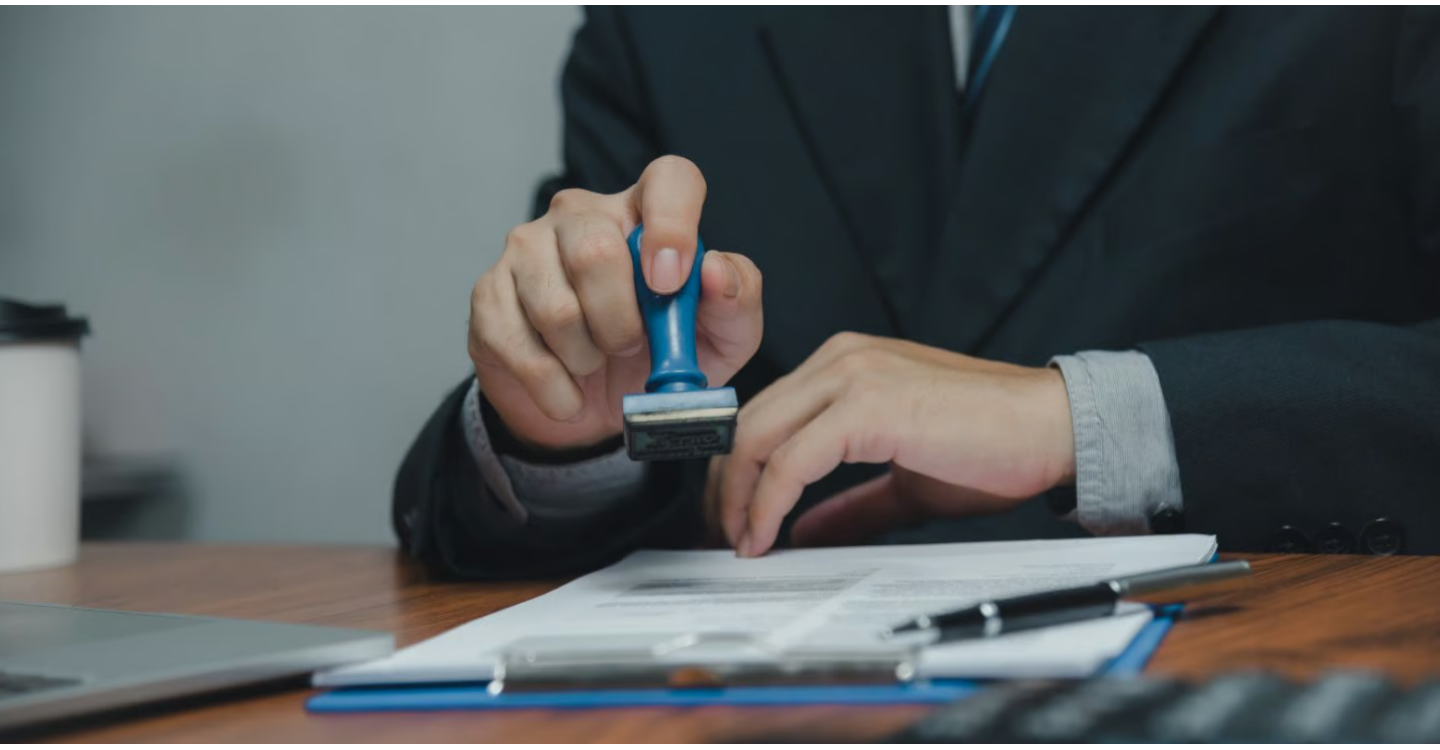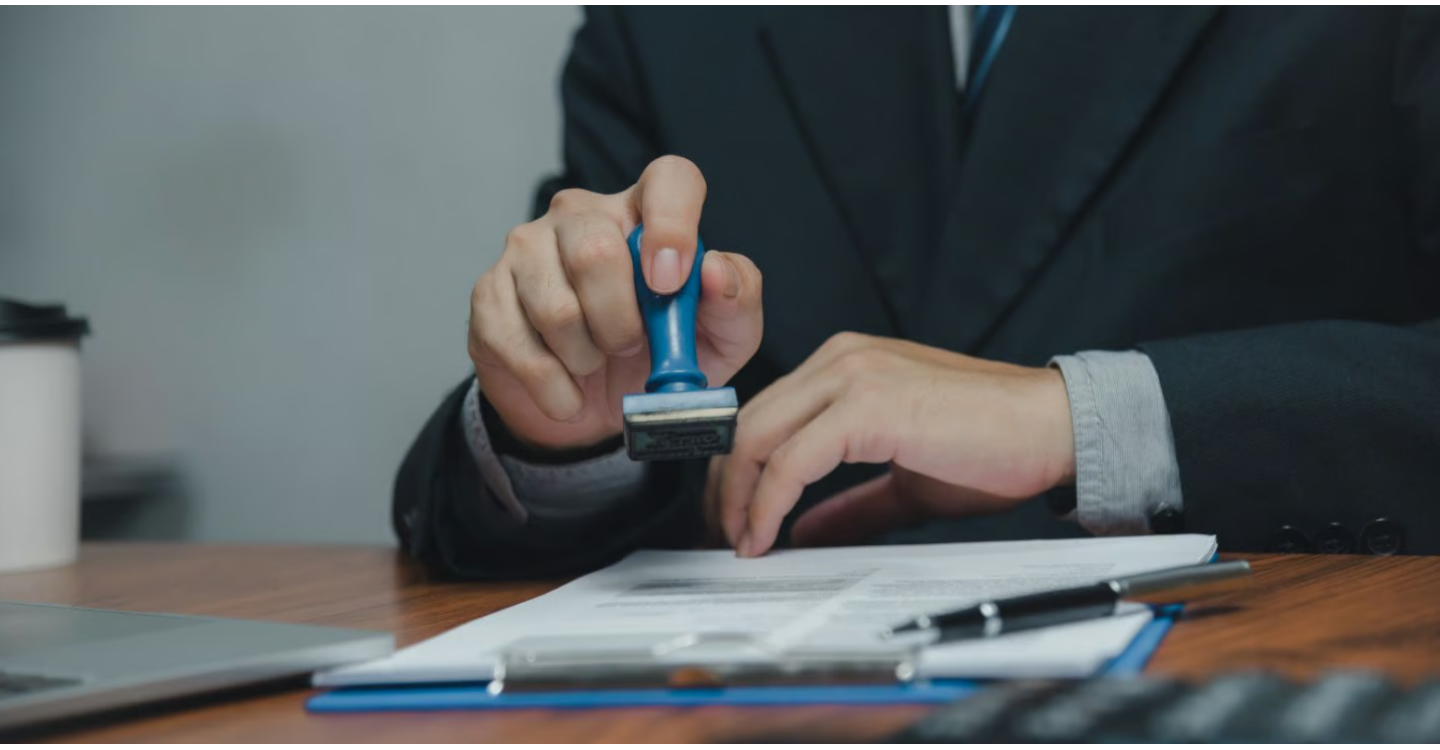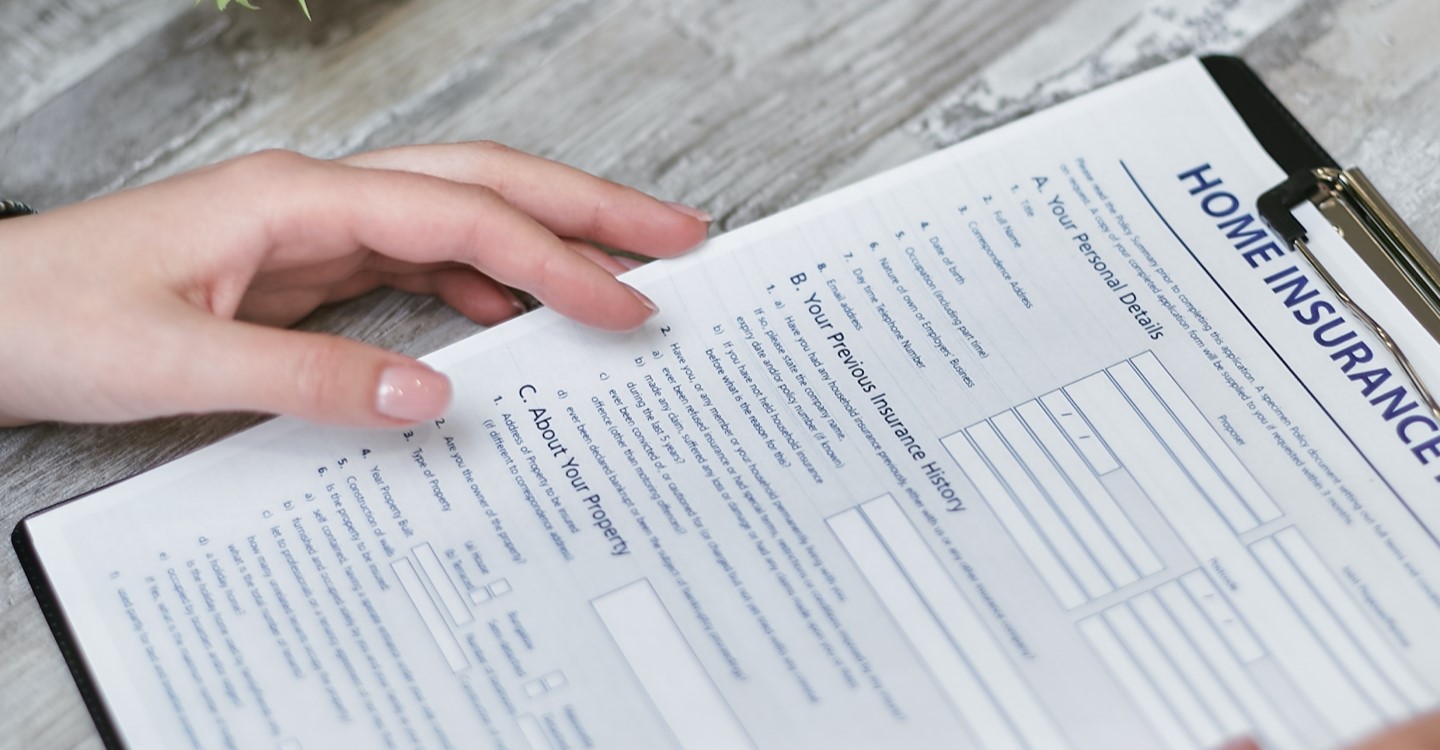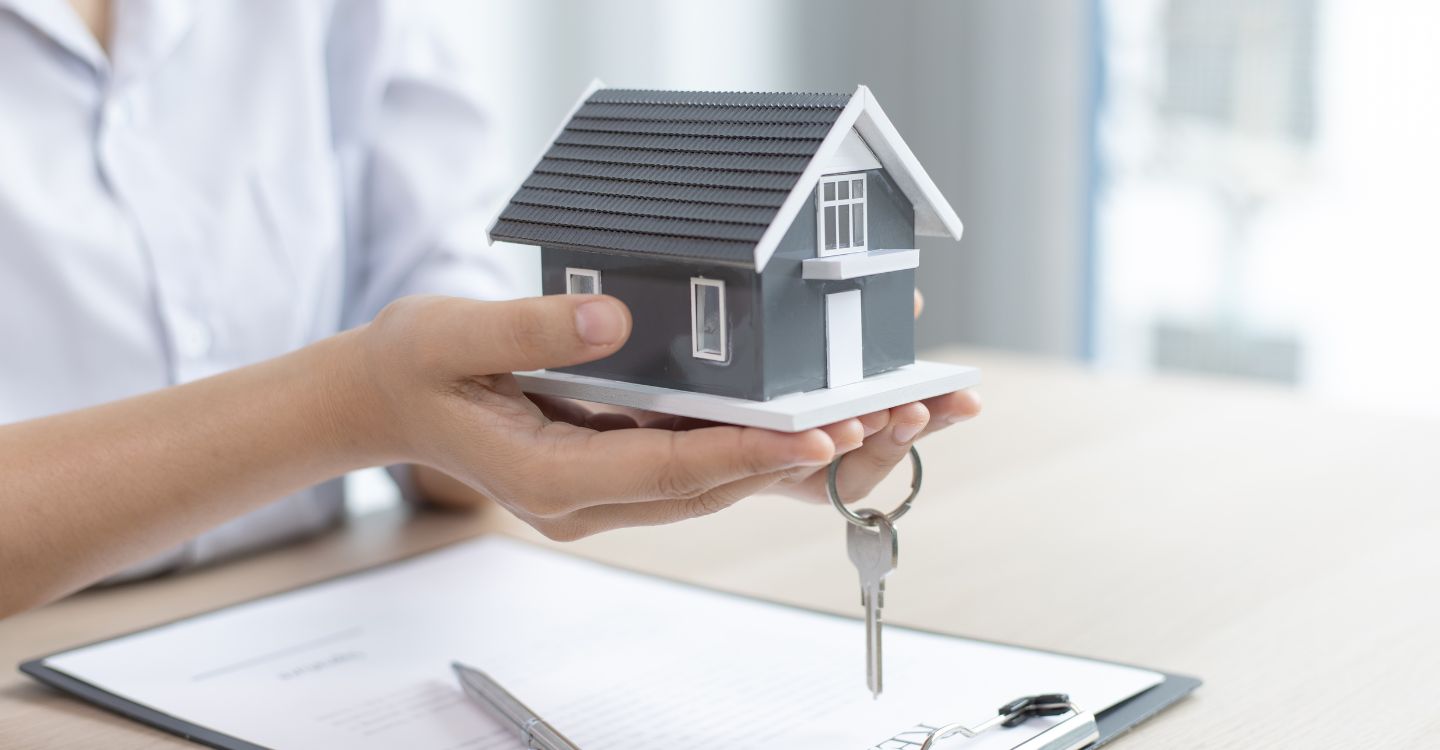
Signing a lease agreement marks the beginning of a substantial commitment, entailing a multitude of legal and financial responsibilities. Regardless of whether you're renting a residential property, a commercial space, or an office, this decision carries long-term implications that can significantly impact your life or business. Therefore, it is paramount to approach the lease signing process with careful consideration and thorough due diligence.
Asking the right questions before signing the lease is not just a precautionary measure; it is an essential step towards making informed decisions that align with your needs, preferences, and long-term goals. These questions serve as a pathway to understanding the intricacies of the lease agreement, clarifying ambiguous terms, and safeguarding your rights as a tenant or lessee.
In this comprehensive guide, we embark on a journey to explore the critical questions that every prospective tenant or lessee should ask before committing to a lease agreement. By delving into these questions and seeking clarity on important aspects, you can navigate the complexities of the lease agreement process with confidence and foresight.
Our aim is to equip you with the knowledge and insights necessary to ensure a smooth and satisfactory tenancy experience. From understanding lease terms and financial obligations to clarifying maintenance responsibilities and legal rights, this guide serves as a valuable resource to empower you in making sound decisions that pave the way for a successful lease agreement.
By taking the time to ask the right questions and gain a comprehensive understanding of the lease agreement, you can mitigate risks, avoid potential pitfalls, and lay the foundation for a positive and fulfilling tenancy experience. Let us embark on this journey together, unraveling the key questions that will guide you towards a successful and harmonious leasing arrangement.
Clarifications on Lease Terms
When considering a lease agreement, it's crucial to seek clarifications on various lease terms to ensure a clear understanding of your rights and responsibilities as a tenant. Here's a detailed explanation of the key aspects to inquire about:
Lease Duration: Understand the duration of the lease, whether it's a fixed-term lease (e.g., one year) or a month-to-month agreement. Clarify the start date and end date of the lease to know the exact period you are committing to.
Renewal Options: Inquire about the options for renewing the lease once the initial term expires. Understand the process for renewal, any notice periods required, and whether there are any changes in rent or terms upon renewal.
Rent Escalation Clauses: Ask about rent escalation clauses, which specify how and when the rent may increase during the lease term. Understand the basis for rent increases, such as annual adjustments, percentage increases, or market rate changes.
Early Termination Penalties: Seek clarification on any penalties or fees associated with early termination of the lease. Understand the conditions under which early termination is allowed and the financial implications, if any, for ending the lease before the agreed-upon term.
By seeking these clarifications before signing the lease agreement, you can avoid misunderstandings and potential disputes in the future. It's essential to have a clear understanding of the lease terms to ensure a smooth and mutually beneficial landlord-tenant relationship throughout the tenancy period.
Rent and Additional Costs
When engaging in lease discussions, it's crucial to delve into details such as the total rent amount, payment due dates, accepted payment methods, and the consequences of late payments.
It's also essential to ascertain whether utilities, maintenance fees, property taxes, or other charges are included in the rent or treated as separate expenses. This comprehensive understanding of the total cost of occupancy facilitates effective budgeting and shields against unexpected financial challenges throughout the lease duration.
Security Deposit and Other Deposits
When discussing the security deposit and other deposits related to your lease, it's essential to seek detailed information to avoid misunderstandings later on. Here's a breakdown of what you should inquire about:
Security Deposit Amount: Understand the exact amount of the security deposit required by the landlord or property management. This is typically a refundable amount meant to cover any damages beyond normal wear and tear.
Refund Conditions: Inquire about the conditions under which the security deposit will be refunded to you at the end of the lease. This often includes the property being returned in good condition and any outstanding payments settled.
Potential Deductions: Ask about any deductions that may be made from the security deposit. These deductions could include repair costs for damages not covered by normal wear and tear or unpaid rent/utilities.
Additional Deposits: Besides the security deposit, check if there are any other deposits required. These could be for amenities such as access to a gym or swimming pool, parking spaces, or if you have pets, there might be a pet deposit.
Understanding these deposit policies is crucial as it ensures transparency between you and the landlord or property manager. It also helps protect your financial interests by clarifying how your deposits will be handled and what conditions need to be met for their refund.
Property Maintenance and Repairs
When discussing property maintenance and repairs with your landlord or property manager, it's essential to seek detailed information to ensure a smooth living or working experience. Here are key points to inquire about:
Landlord's Responsibilities: Clarify what maintenance and repair tasks are the responsibility of the landlord. This typically includes structural repairs, plumbing, electrical, and major appliances provided with the property.
Reporting Procedures: Ask about the procedures for reporting maintenance issues. Understand how to contact the landlord or property management team, the preferred method of communication, and any online platforms or portals for submitting maintenance requests.
Response Times: Inquire about the expected response times for addressing maintenance requests. This includes both routine maintenance issues and emergency repairs. Knowing the expected timeline helps set expectations for timely resolution.
Cost of Repairs: Understand who bears the cost of repairs for different scenarios. Some leases may specify that certain repairs are the tenant's responsibility, while others are covered by the landlord. It's crucial to know these details to avoid misunderstandings and unexpected expenses.
By gaining clarity on these maintenance obligations, you can ensure that the property remains well-maintained, comfortable, and conducive to your needs throughout the lease period.
Lease Renewal and Termination: Discuss the procedures and timelines for lease renewal or termination. Inquire about notice periods required for renewal or termination, any automatic renewal clauses, and conditions for early lease termination. Knowing your options at the end of the lease term empowers you to plan ahead and make informed decisions about your tenancy.
Property Rules and Restrictions: Familiarize yourself with the property rules, restrictions, and any specific lease provisions. Ask about noise policies, pet regulations, subleasing permissions, and any restrictions on alterations or renovations. Understanding these rules ensures compliance and a harmonious relationship with the landlord and other tenants.
Insurance Requirements: Check if the lease agreement requires you to obtain renter's insurance, liability insurance, or any other insurance coverage. Understand the coverage limits, policy requirements, and whether the landlord has insurance for the property. Adequate insurance coverage protects you and the property from unforeseen events and liabilities.
Dispute Resolution and Legal Matters
When addressing dispute resolution and legal matters with your landlord or property manager, it's crucial to have a clear understanding of the procedures and mechanisms in place. Here are key points to consider:
Dispute Resolution Procedures: Inquire about the specific procedures for resolving disputes or grievances that may arise during the tenancy. This includes understanding if the lease agreement outlines steps for mediation, arbitration, or litigation.
Mediation and Arbitration: Ask about the availability of mediation or arbitration services to facilitate resolution without involving formal legal processes. Understand how these methods work, who oversees them, and how decisions are reached.
Litigation Processes: If disputes escalate to legal proceedings, discuss the steps involved in initiating litigation. Inquire about legal representation, court procedures, and timelines for resolution through the legal system.
Lease Agreement Clauses: Review the lease agreement thoroughly, paying attention to clauses related to dispute resolution. Understand your rights and obligations as outlined in the agreement, including any clauses specifying jurisdiction or applicable laws.
Legal Recourse: Seek clarification on your legal recourse options in case of disputes that cannot be resolved through other means. Know your rights as a tenant and understand the protections afforded to you under local tenancy laws.
By having a clear understanding of dispute resolution procedures and legal matters, you can navigate potential conflicts effectively, promote fair treatment, and ensure swift resolution of issues during your tenancy.
Landlord's Responsibilities and Contact Information: Obtain detailed information about the landlord's responsibilities, contact information, and emergency contact numbers. Ask about the property management company if applicable and how to contact them for non-emergency inquiries or concerns. Establishing clear communication channels fosters a positive landlord-tenant relationship.
Previous Tenants' Experiences: If possible, inquire about previous tenants' experiences renting the property. Ask about any recurring issues, maintenance concerns, or landlord-tenant interactions that may impact your decision. Learning from others' experiences provides valuable insights and helps you assess the property's suitability for your needs.
Conclusion:
Before signing a lease agreement, thorough due diligence and asking pertinent questions are crucial steps to ensure a successful and satisfying tenancy. By seeking clarity on lease terms, understanding financial obligations, clarifying maintenance responsibilities, and knowing your rights and legal options, you can enter into a lease agreement with confidence and peace of mind. Remember, an informed decision today can lead to a positive and fulfilling rental experience in the future.








































































































































































































